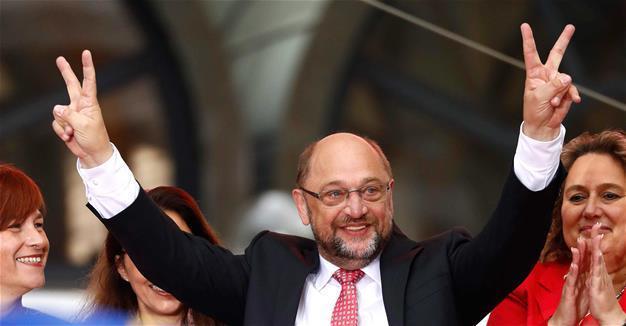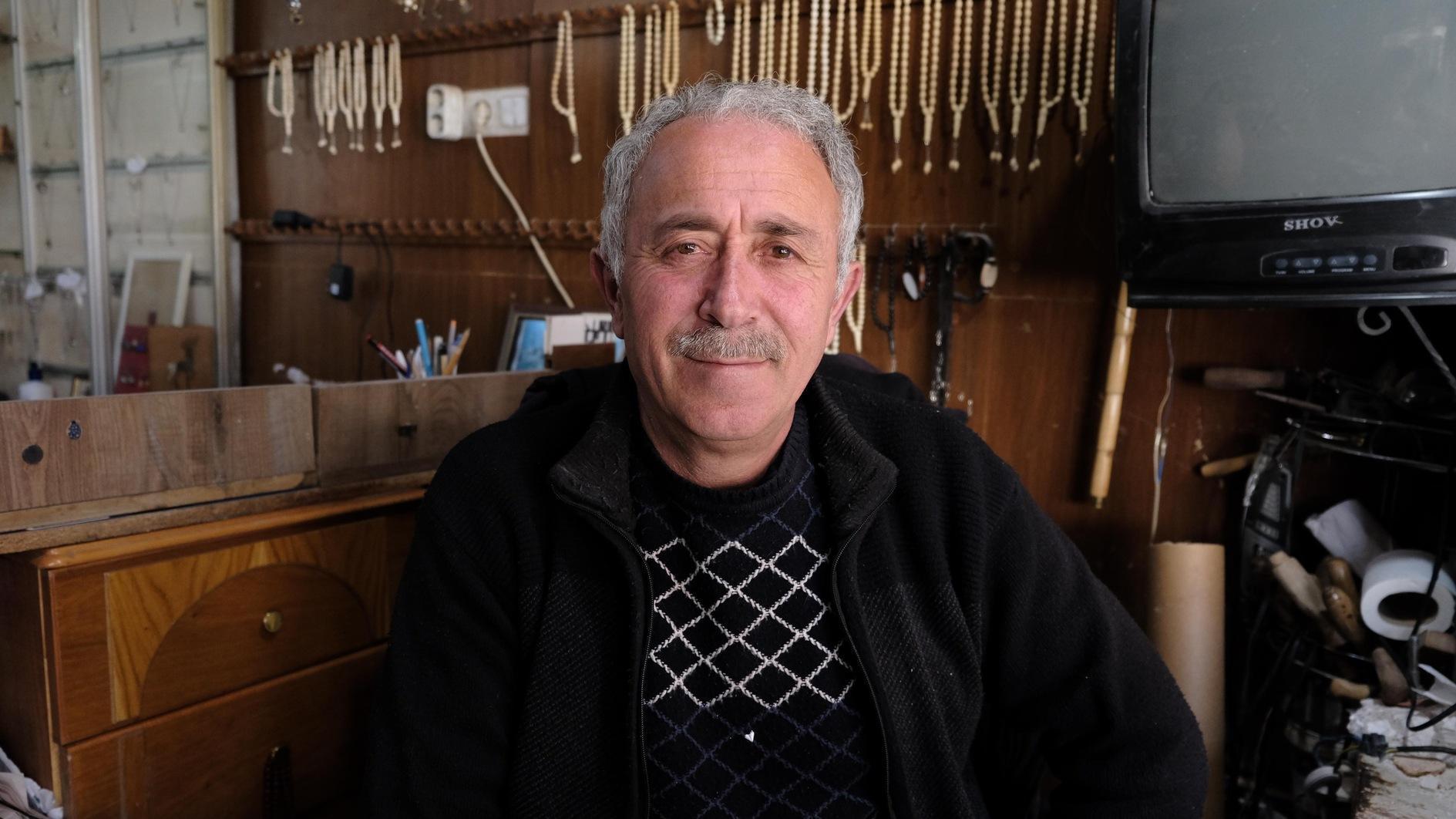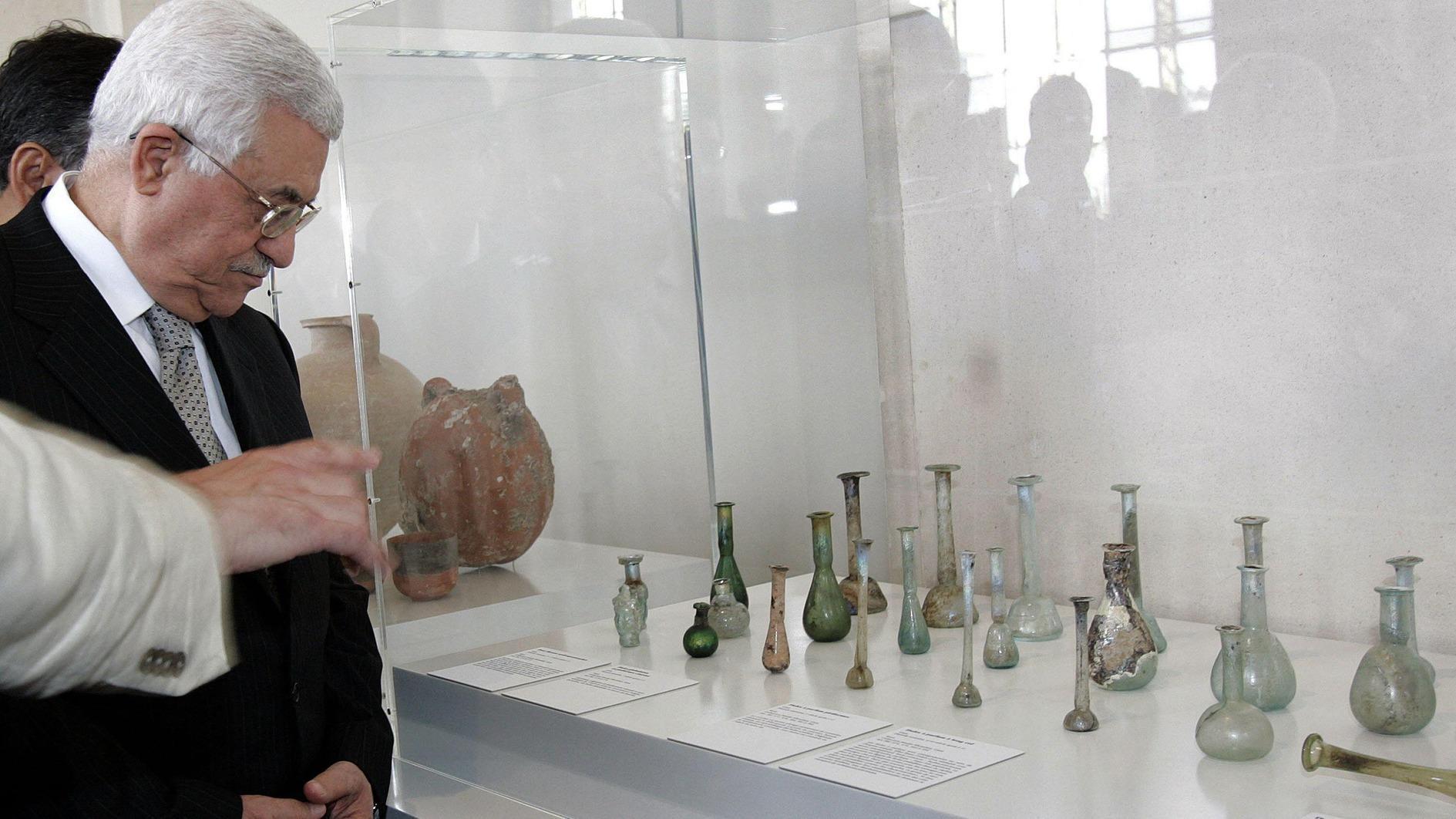Eyes on Germany’s tight election race
BERLIN
 German Chancellor Angela Merkel and her beleaguered rival Martin Schulz embarked on a final push for votes on Sept. 22 ahead of a weekend election, both seeking to beat back a challenge from the emboldened hard-right.
German Chancellor Angela Merkel and her beleaguered rival Martin Schulz embarked on a final push for votes on Sept. 22 ahead of a weekend election, both seeking to beat back a challenge from the emboldened hard-right.Germans are set to vote in a general election on Sept. 24 after a campaign which has seen parties spar over how closely refugees and immigrants should integrate into the national culture, sparking fierce discussions.
Fears that apathy could boost the far-right Alternative for Germany (AfD) in the elections have driven the 63-year-old Merkel, who polls say will cruise by a double-digit margin to a fourth term, and her main rival Schulz, 61, a former European Parliament president and leader of the centre-left Social Democrats (SPD), to urge their backers to go out and vote.
With many voters viewing a fourth term for Merkel as almost inevitable and put off by a turgid campaign - occasionally punctured by heckling and tomato hurling in protest at Merkel’s refugee policy - pollsters say turnout may be low.
A GMS poll on Sept. 21 said 34 percent were not planning to vote or were undecided, higher than the 29 percent who did not cast ballots in the last election in 2013.
“My request to everyone is that they vote, and vote for those parties that adhere 100 percent to our constitution,” Merkel told MDR radio on Sept. 21, pointing to the AfD.
The party has been running at between nine and 12 percent in surveys. The GMS poll and one other also published on Sept. 21 showed it chalking up gains that look set to make it the third largest bloc in parliament.
Foreign Minister Sigmar Gabriel and some commentators have likened the AfD to Hitler’s Nazis. The AfD dismisses such comparisons.
Some of its members have called for Germans to rewrite the history books on the Nazi era and the party has been dogged by rows over Holocaust denial, a crime in Germany.
Polls show conservative Merkel, trusted by stability-loving Germans, is on track to win. But the shape of her coalition is wide open.
Most pollsters say a low turnout could boost the AfD, which has gained popularity by focusing on migration and security.
While mainstream parties have ruled out including the AfD in any governing coalition, it is poised to be the first far-right party to enter Germany’s parliament in over half a century.
Gabriel told Russian broadcaster RT this week that not all AfD members or voters were Nazis, but the party has “people at the helm of the AfD that are inciting people to hatred, that are trading in Nazi propaganda.”
“Go vote and vote for the parties that are 100 percent loyal to our constitution,” Merkel told Germans in a swipe at the AfD.
“We have to take a clear stance when it’s about our basic values,” she added.
Schulz this week took some succour from Merkel’s slipping poll numbers, hoping for a “last-minute turnaround” linked to “growing unease” in the population. He has urged his supporters to vote, saying “everything is still possible.”
However, his SPD is set to fare even worse, around 22 percent, signalling an unmitigated disaster for Germany’s oldest party.
With the economy humming, business confidence robust and unemployment at post-reunification lows, analysts say there is simply little appetite for change at the top.
During her campaign rallies, Merkel has been repeatedly confronted by organised AfD protesters, even dodging a few tomatoes while hammering home her stability-and-prosperity stump speech.
The rightwing populists have seized on those disillusioned by Merkel’s 12-year tenure, and by her 2015 decision to let more than one million mainly Muslim asylum seekers into the country.
Even the mainstream media point to a degree of Merkel fatigue, arguing that the soporific campaign and a sense of complacency could ultimately drive many German voters into the arms of extremists.
Germany limits export guarantees for Turkey trade amid rift
The German government has capped the amount of “Hermes” export guarantees it provides for trade with Turkey at 1.5 billion euros ($1.80 billion), a foreign ministry spokesman said on Sept. 22, as a rift between the two NATO powers deepens.
The “Hermes” guarantees provide German government protection for German companies when foreign debtors fail to pay.
“The government has agreed to limit so-called Hermes debt guarantees for business with Turkey to a total amount of 1.5 billion euros for 2017,” a spokesman for the Foreign Ministry told a regular government news conference in Berlin.
Chancellor Angela Merkel has vowed to restrict trade with Turkey.
Germany is the second biggest foreign investor in Turkey, with investments totaling more than 13.3 billion euros ($15.9 billion) since 1980, according to the German foreign ministry.
















